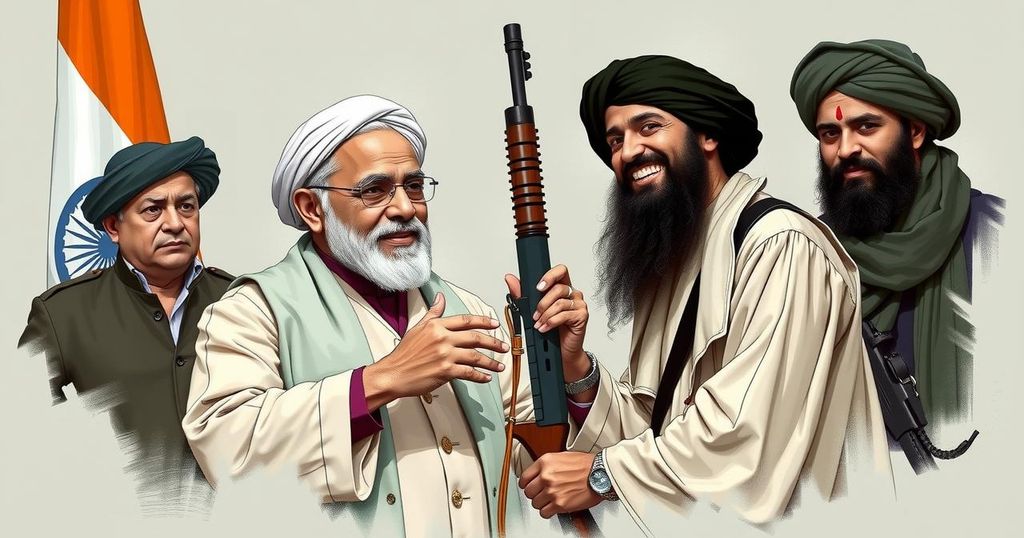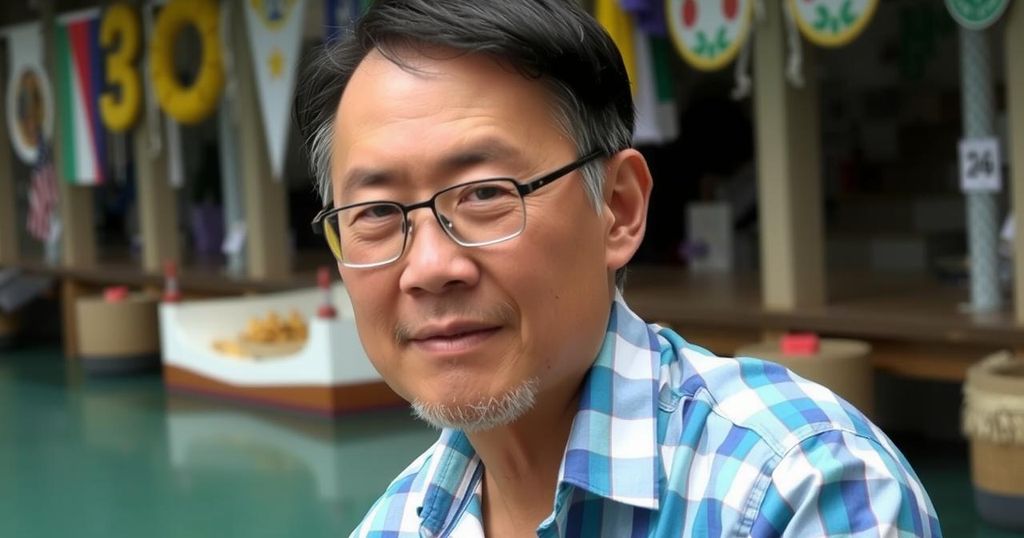Brazil’s Strategic Positioning within an Expanding BRICS
Brazil is encountering potential reductions in influence within BRICS as the organization expands to include countries such as Iran and Egypt. While Brazil has historically exercised considerable sway due to its founding status, recent dynamics may alter this balance. At the BRICS summit in Kazan, Brazil sought to block Venezuela’s entry into the group, reflecting its commitment to democratic principles amidst evolving political relationships among member nations. Additionally, former President Dilma Rousseff’s endorsement to extend her role at the New Development Bank represents a path for Brazil to retain its influence moving forward.
Brazil’s Role in BRICS Expansion and Influence As the BRICS group undergoes significant expansion, Brazil, despite being a founding member, is grappling with a potential decline in its influence. Traditionally, Brazil capitalized on its status as the first member in the BRICS acronym, but its economic stature pales in comparison to that of Russia, China, and India, all of which possess larger economies and, in some cases, nuclear capabilities. Having been exclusive for years with the addition of only South Africa, Brazil enjoyed significant internal clout. However, with the recent inclusion of Egypt, Ethiopia, Iran, and the United Arab Emirates, as well as additional nations expressively seeking membership, Brazil faces challenges in maintaining its dominant position. China’s long-standing ambition to expand BRICS seeks to consolidate power within the group, especially in the wake of increased interest in non-dollar currencies after the West imposed sanctions on Russia. Reports indicate that countries such as Cuba, Bolivia, Turkey, Indonesia, and Vietnam are pursuing partnerships or potential memberships in BRICS. These developments could undermine Brazil’s traditional leadership role, especially in light of Iran’s membership complicating Brazil’s narrative of neutrality. This week’s BRICS summit in Kazan, Russia, saw Brazil attempting to leverage its remaining influence within the group by opposing Venezuela’s ascension as a partner nation. Venezuelan President Nicolás Maduro and members of his administration made efforts to lobby for entry, strongly supported by Russia and China. Excluding Venezuela presented Brazil’s most significant public statement against Maduro since the contentious presidential elections in Venezuela, reflecting a shift towards cautious support for incremental democratic reforms in its neighbor. Additionally, Dilma Rousseff received a supportive endorsement to extend her term as president of BRICS’ New Development Bank, which marks a key initiative within the group. The bank represents a significant endeavor for BRICS, promoting local currency loans as an alternative to dollar-denominated financing. Brazil’s plans to chair BRICS next year present an opportunity to shape its direction amid these changes. Implicit in these developments is Brazil’s desire to safeguard its relevance and influence in a changing geopolitical landscape. As BRICS expands, Brazil must navigate complexities while fostering its relationships both within the group and beyond. Brazil’s Current Context This situation unfolds as Brazil balances its foreign policy objectives against the backdrop of regional political dynamics including the upcoming elections in Uruguay, which may have ramifications for regional trade collaborations and political stances on Venezuela. The precarious social and economic conditions in Cuba further illustrate the variety of challenges facing Latin America, as the nation struggles with systemic power outages amidst an economic crisis, challenging state legitimacy. The unfolding events prompt questions regarding Brazil’s strategic positioning within BRICS moving forward, as the organization’s expansion poses both opportunities and challenges to its founding member.
Brazil’s participation in BRICS can be traced back to its founding, alongside Russia, India, and China, with South Africa joining subsequently in 2010. The group was established with the aim of creating an alternative platform that promotes economic cooperation among emerging economies, providing a counterweight to Western influence in global affairs. The significance of BRICS has resurged as its members explore avenues to utilize non-dollar currencies, especially as geopolitical tensions rise and the economic policies of the West, particularly those imposed on Russia, evolve. Brazil’s role within BRICS has historically reflected its aspirations for greater prominence in global governance, particularly through economic partnerships and financial institutions like the New Development Bank. However, the recent expansion poses critical questions about its influence and leadership amid increasing competition within the group.
As Brazil navigates the challenges posed by the expansion of BRICS, it must consider the implications on its influence relative to more powerful member states such as China and India. The recent summit in Kazan exemplifies Brazil’s efforts to assert its position by countering the entry of Venezuela, paralleling ongoing discussions around democracy in the region. The landscape is rapidly shifting, and Brazil’s strategic decisions will be pivotal in shaping its future role within BRICS and maintaining its relevance on the global stage.
Original Source: foreignpolicy.com







Post Comment